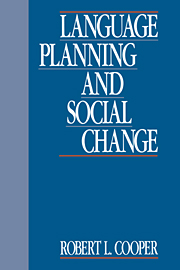Book contents
Overview
Published online by Cambridge University Press: 06 January 2010
Summary
It was September 12, 1974. An old man stood on the steps of his palace. “You can't be serious!” he protested to the soldiers accompanying him, when he saw the green Volkswagen which had been sent to fetch him. “I'm supposed to go like this?” But this was his only protest. The King of Kings, the Elect of God, the ruler of Ethiopia for more than fifty years bent forward and stepped into the back of the car. It took him to a small building where he was to spend the remaining months of his life under house arrest. On the way, he waved to his former subjects (Kapuscinski 1983: 162).
Along the route traversed by the green Volkswagen, an observer could see some arresting juxtapositions: barefoot youngsters leading sheep and goats past tall office buildings, homespun-clad arrivals from the countryside terrified by the traffic, and women carrying on their heads black clay jugs of water drawn from municipal spigots. These contrasts were a reminder of the empire's ongoing modernization and urbanization, changes which the emperor helped to introduce, which he tried to control, and which in the end overwhelmed him.
Haile Sillase's downfall marks the beginning not only of a fascinating story in the annals of language planning but also of a new act in the drama of social change in which the old man had been a significant player.
- Type
- Chapter
- Information
- Language Planning and Social Change , pp. 1 - 2Publisher: Cambridge University PressPrint publication year: 1990



